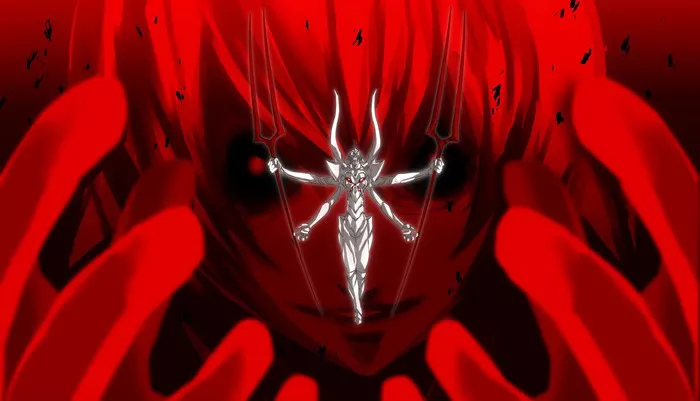Neon Genesis Evangelion, often hailed as a masterpiece of anime and a cultural phenomenon, continues to captivate audiences worldwide with its complex narrative, rich symbolism, and thought-provoking themes. Since its debut in 1995, this groundbreaking series has left an indelible mark on the anime industry and has sparked countless discussions and debates among fans and critics alike. In this comprehensive analysis, we’ll delve into the many facets of Neon Genesis Evangelion, exploring its narrative depth, character development, thematic complexity, and enduring legacy.
The Premise: A Glimpse into a Dystopian Future
Neon Genesis Evangelion is set in a futuristic world ravaged by mysterious beings known as Angels. Humanity’s last hope lies in the hands of the organization NERV, which pilots giant bio-mechanical robots called Evangelions to combat the Angels and prevent the impending apocalypse. The series follows the experiences of Shinji Ikari, a reluctant teenager who is thrust into the role of an Evangelion pilot, as he grapples with his own insecurities, fears, and existential dilemmas while confronting the enigmatic truths of the world around him.
Bold Themes and Thought-Provoking Symbolism
At its core, Neon Genesis Evangelion is a story that delves into the depths of the human psyche, exploring themes of identity, trauma, loneliness, and the nature of existence. Through its intricate narrative and dense symbolism, the series challenges viewers to confront their own perceptions of reality and grapple with complex philosophical questions about the nature of consciousness and the human condition.
One of the most striking aspects of Neon Genesis Evangelion is its use of religious and psychological symbolism to convey its themes and ideas. Drawing inspiration from a wide range of religious and mythological sources, including Christian symbolism, Freudian psychology, and existential philosophy, the series creates a rich tapestry of imagery and metaphor that adds layers of depth and complexity to its storytelling.
Character Development and Emotional Depth
Central to the success of Neon Genesis Evangelion is its compelling cast of characters, each grappling with their own inner demons and personal struggles. From the introspective Shinji Ikari to the enigmatic Rei Ayanami and the brash Asuka Langley Soryu, the characters in Neon Genesis Evangelion are complex, multi-dimensional individuals whose actions and motivations drive the narrative forward.
What sets Neon Genesis Evangelion apart is its willingness to delve into the psychological depths of its characters, exploring the traumas and insecurities that shape their identities and relationships. As the series progresses, viewers are taken on a journey of self-discovery and emotional growth, witnessing the characters confront their pasts, face their fears, and ultimately come to terms with their own humanity.
Narrative Complexity and Controversial Endings
Neon Genesis Evangelion is renowned for its narrative complexity and controversial endings, which have sparked intense debates and interpretations among fans. The series’ original ending, which aired in 1996, was met with mixed reactions due to its abstract and open-ended nature, leaving many viewers puzzled and dissatisfied.
In response to the backlash, director Hideaki Anno created the film “Neon Genesis Evangelion: Death & Rebirth” and the subsequent “The End of Evangelion,” which provided an alternate conclusion to the series. These films offered a more conclusive and visually stunning finale, delving deeper into the psychological turmoil of the characters and providing closure to many of the series’ lingering questions.
Enduring Legacy and Cultural Impact
Despite its initial divisive reception, Neon Genesis Evangelion has since garnered a cult following and has become one of the most influential anime series of all time. Its impact on popular culture extends beyond the realm of anime, inspiring countless adaptations, spin-offs, and tributes in various media, including film, literature, and video games.
Neon Genesis Evangelion’s enduring legacy lies in its ability to provoke thought, challenge conventions, and push the boundaries of storytelling in anime. Its themes of existential angst, human frailty, and the search for meaning continue to resonate with audiences worldwide, cementing its status as a timeless classic in the annals of anime history.
Conclusion: A Masterpiece of Anime
In conclusion, Neon Genesis Evangelion stands as a testament to the power of storytelling and the enduring appeal of anime as an art form. With its complex narrative, rich symbolism, and thought-provoking themes, the series continues to captivate audiences and inspire generations of fans around the world. Whether viewed as a psychological drama, a mecha action series, or a philosophical meditation on the human condition, Neon Genesis Evangelion remains a masterpiece of anime that continues to leave a lasting impression on all who experience its profound and evocative storytelling.


